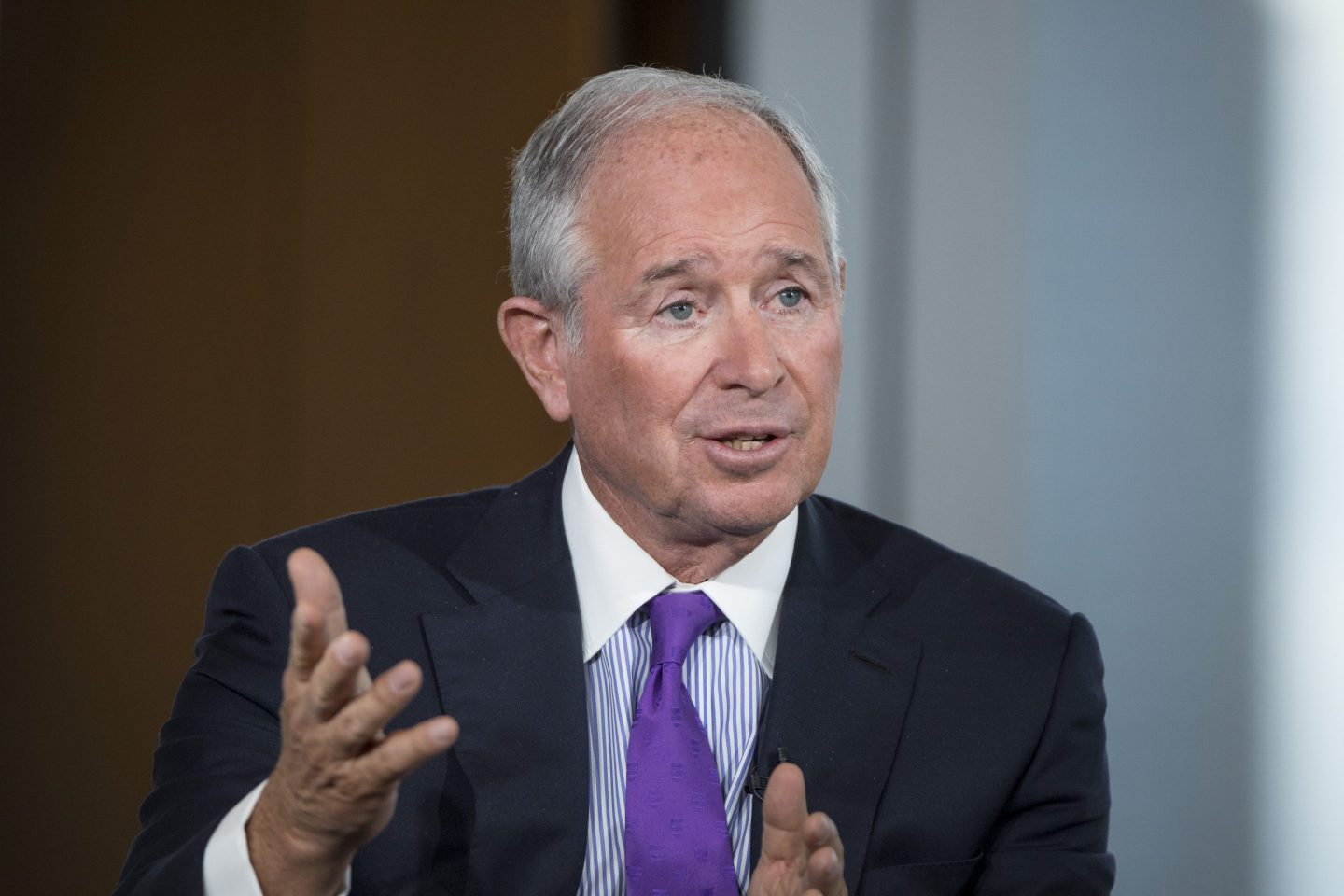Pope Leo XIV may sit in one of the oldest seats of power on earth, but that doesn’t mean he’s a Luddite—outright resistant to new technology. After all, the 70-year-old is known to play Wordle every day. However, when it comes to the more serious debate over artificial intelligence, he isn’t mincing words.
Speaking virtually to thousands of American teenagers at the National Catholic Youth Conference on Friday, the pontiff admitted AI is becoming a “defining feature” of our time. But he urged them to approach it with caution.
“AI can process information quickly, but it cannot replace human intelligence,” he said. “And don’t ask it to do your homework for you. It cannot offer real wisdom. It misses a very important human element.”
The pope’s message comes as young people are increasingly turning to AI for writing, problem solving, and even relationship building—raising new questions about what technology can enhance and what capabilities might quickly erode. Recent research from the College Board found that 84% of high school students are using generative AI tools for schoolwork, but 50% of students are on the fence about whether the benefits of the technology are greater than the risks.
AI lacks a level of “right and wrong” judgment, according to the pope, and he urged young people to think deeply on how AI can support personal development—not replace effort or reflection.
“Safety is not only about rules, it’s about education and it’s about personal responsibility,” Pope Leo added. “Filters and guidelines can help you, but they cannot make choices for you. Only you can do that.”
The pope’s advice for using AI effectively
Despite his warnings, the pope stopped short of telling young people to reject AI altogether. Instead, he urged them to use AI in ways that help them grow without compromising their humanity.
“Using AI responsibly means using it in ways that help you grow—never in ways that distract you from your dignity or your call to holiness,” he said.
Relying too heavily on the technology could quietly chip away at the abilities young people need, the pope warned.
“Be prudent, be wise, be careful that your use of AI does not limit your true human growth. Use it in such a way that if it disappeared tomorrow, you would still know how to think, how to create, how to act on your own, how to form authentic friendships,” he added on Friday.
“Remember, AI cannot ever replace the unique gift that you are to the world.”
The pope took his AI worries to the tech industry
This isn’t the first time Pope Leo has raised concerns about the rapid evolution of generative AI. In June, during an address at the second annual Rome Conference on AI, he struck a similar tone—praising the technology’s potential to advance health care and scientific discovery, but questioned the “repercussions on humanity’s openness to truth and beauty, on our distinctive ability to grasp and process reality.”
“Acknowledging and respecting what is uniquely characteristic of the human person is essential to the discussion of any adequate ethical framework for the governance of AI,” he told attendees, which included representatives from Google, IBM, Meta, OpenAI, Anthropic, and Palantir.
The pope also echoed his concern for young people in particular and the risks technology poses on their intellectual and neurological development.
“No generation has ever had such quick access to the amount of information now available through AI,” Pope Leo said. “But again, access to data—however extensive—must not be confused with intelligence.”













